#hematology
Text
Stanford Medicine researchers have found that a common blood condition associated with several diseases may have a protective effect against Alzheimer's disease.
In the condition, clonal hematopoiesis of indeterminate potential, or CHIP, certain blood stem cells acquire mutations that strengthen their ability to survive and multiply. As a result, the mutant cells dominate, and just a few cells can give rise to much or even all of the body's blood and immune cells. In most cases of CHIP, a dominant blood stem cell gives rise to between 4% and 30% of blood and immune cells.
Studies by Stanford Medicine assistant professor of pathology Siddhartha Jaiswal, MD, PhD, and others have shown that people with CHIP are at much higher risk of developing various diseases. By analyzing medical databases and stored blood samples, Siddhartha and his colleagues have shown that people with CHIP are about twice as likely to develop coronary heart disease, twice as likely to develop chronic liver disease and 10 times as likely to develop blood cancers such as myeloid leukemias.
Researchers don't yet fully understand why CHIP is linked to diseases other than blood cancer, though some studies have suggested that CHIP mutations cause increased activation of the immune system.
Continue Reading
83 notes
·
View notes
Text
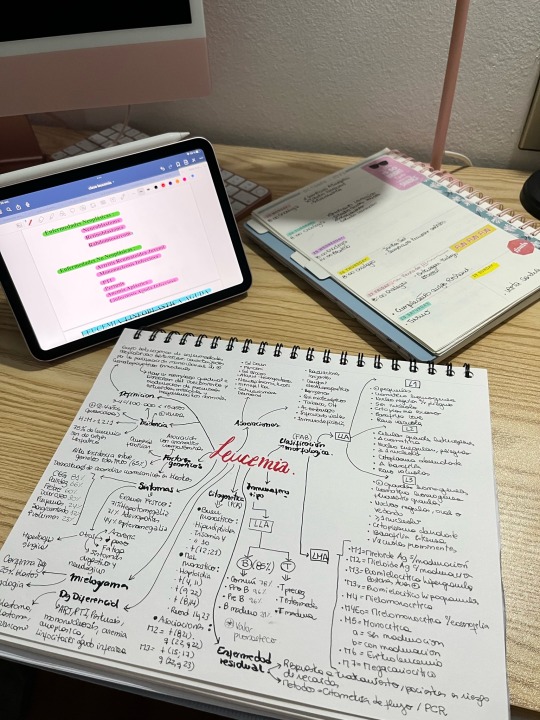

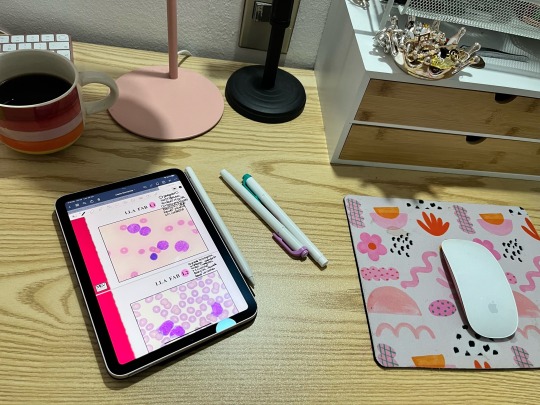
31 notes
·
View notes
Text
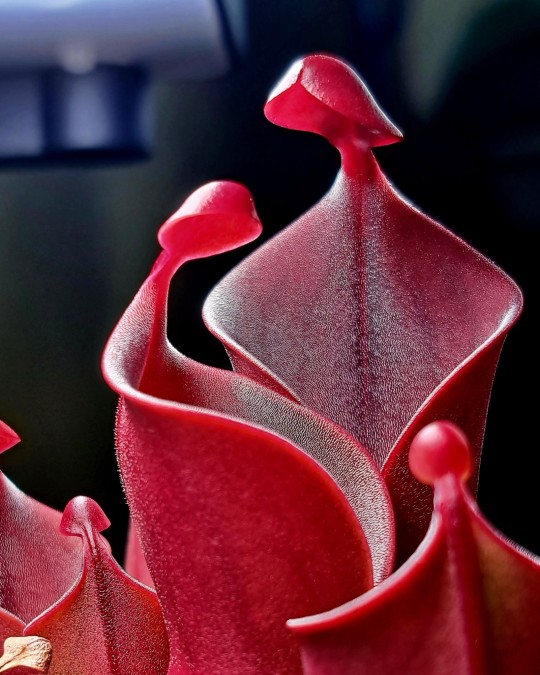
Heliamphora minor (Auyan Tepui)
#plantblr#botany#plant#horticulture#carnivore#flowers#hematology#scruncho bepis#studyblr#aquablr#pitcher plant#heliamphorasun pitchermarsh pitchercarnivorecarnivorous plantssavage gardenpitcher plantplantsplantbotanyplantblrexotic plantexogardeningnat#heliamphora
198 notes
·
View notes
Text
Helpful free webinar coming up on transfusions!
16 notes
·
View notes
Text

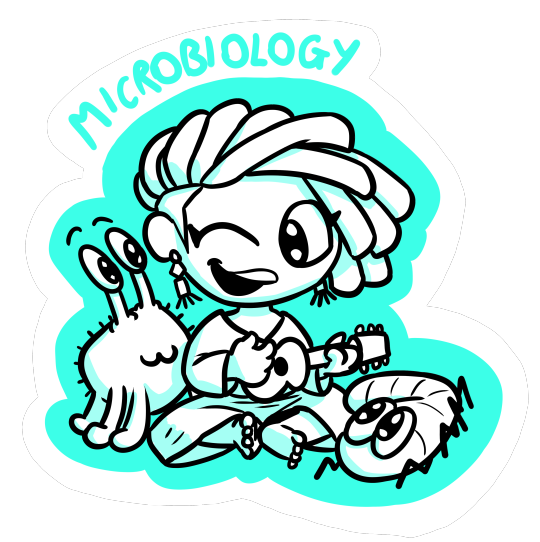



My wife wanted some cute lil guys to go in a group project on her Medical Lab Tech course, and I was more than happy to oblige! So enjoy these little mascots of the different disciplines and subjects that people need to learn in order to work in a medical lab!
#histology#transfusion#chemistry#microbiology#hematology#medical lab tech#medical lab technician#mascots#icons#vampire#wizard#witch#sherlock holmes#detective#hippie#germs#cute germs
105 notes
·
View notes
Text
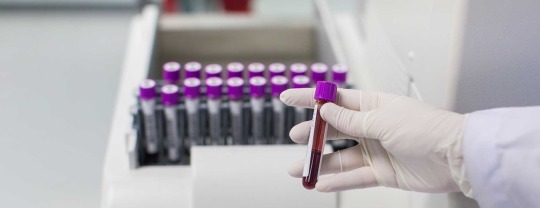
Hematology is re-defined on the analysis of blood's constitutency and nutrition.
While there are more than 22 nutrients in thr blood.
The research says that, there can be other nutrients added into the blood. And what are they??
Nutritional blood analysis can reveal many things.. While the extra nutrients that are added into ghr blood needs to researched.
Blood plasma playing a vital role carrying more water and proteins in it. ( RBC and white blood cell are the carriers of nutrients ) 99 % is the water Constitutency
The blood Contains more rbc n white blood cell to increase the addition or the level of nutrients in the research level of line.
The nutritional analysis of blood says, several statistics of nutrition but addition of extra nutrients in blood isn't discussed nor told yet.
The prp procedure and analysis needs to be taken further. For the research purpose and advancement in hematology n blood nutrients factors n medicine.
Nutrients reducing other important factors for diseases and immuno deficiency and inflammation and generation of WBC.
The nutrition analysis that was made in the hematology. And the blood nutrition analysis with several variations and aspects provides several results in the research and advancement. However clinical trials for the induce of nutrition and other research and analysis is required to produce us the effective results, even under several variations. So in short, the work is at progress
#bloodletting#hematology#science#stem#data analysis#scientist reader#researchreports#medicine#bloodborne#nutrition#do some research
5 notes
·
View notes
Text
Student 1: What rotation are you going through?
Student 2: Hemato-oncology.
Student 1: So, can you interpret an iron profile?
Student 2: Don’t ask so much from me.
38 notes
·
View notes
Text
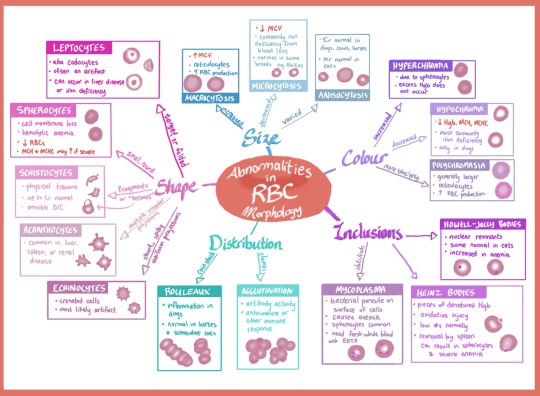
Abnormalities in RBC Morphology
6 notes
·
View notes
Text
Maybe Medea was the first. The fearsome witch, as written by Ovid, who cut the throat of the aging Aeson, father of Jason, and drained his blood, then refilled him with herbs and potions, and revived him. To revive, to revitalise, to give back life. She wasn’t particularly scientific about it, walking around incanting with her streaming hair, nor did she use blood. Her potion was made from “roots dug from a Thessalian valley,” but also “hoar-frost collected by night under the moon, the wings and flesh of a vile screech-owl, and the slavering foam of a sacrificed were-wolf.”
But the principle was established, though shakily and magically: that in the same way that the loss of blood could drain a creature of life, a suitable replacement of fluid could bring it back.
— Rose George, Nine Pints: A Journey Through the Money, Medicine, and Mysteries of Blood
#lee postz#words#literature#blood#medicine#Medea#Ovid#hematology#quote#quotes#rose George#nine pints#mythology#Greek mythology#on blood#writing#pathology
5 notes
·
View notes
Text
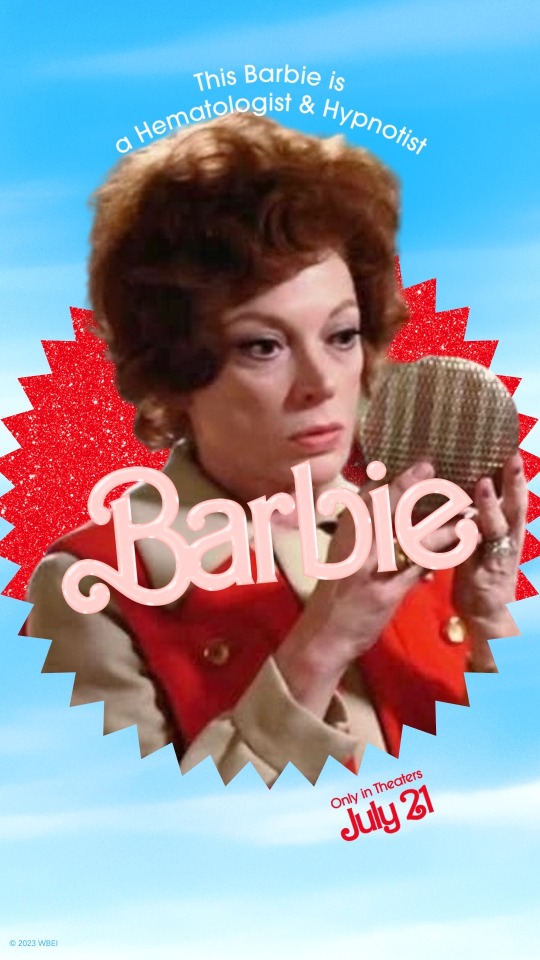
16 notes
·
View notes
Text
my hematologist said "all your little deformities add up" she wants me
2 notes
·
View notes
Text
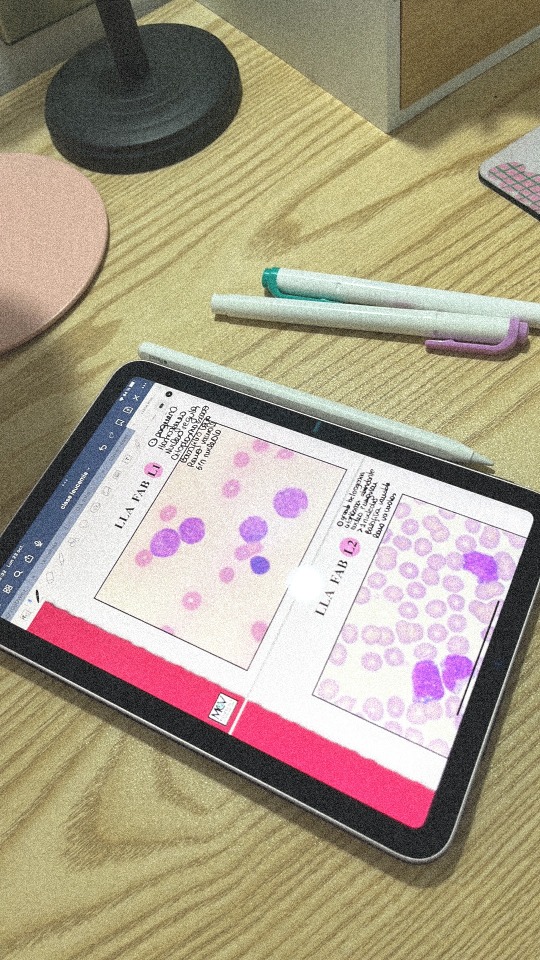

9 notes
·
View notes
Text

#plantblr#botany#plant#horticulture#carnivore#flowers#hematology#scruncho bepis#aquablr#studyblr#aquascape#aquascaping#architecture#bog#bogarium#terrarium#carnivorous plant#sundew#gnome
61 notes
·
View notes
Note
Hey 🙂 How did you come up with becoming a haematologist ? What do you find fascinating about this field of medicine?
I just sort of slowly realised it would be the best fit for me! It took a while though - through most of medical school I sortof assumed I'd be a GP. It's the most common specialty and I didn't really have much calling to anything else, plus I was a below average med student and sort of assumed I'd have to go for one of the 'easier' options (not that the actual job of being a GP is easy in the slightest, but it's less competitive to get into).
Then I got more confident in myself when I did really well in my gastroenterology exams and thought maybe I could do gastro. So I did my whole Masters on pancreatic cancer and tried to get a gastro placement for my medical placement in final year. However, I got a haem placement instead! Which I really enjoyed, in fact out of the whole of med school it was the placement I enjoyed the most. I loved the fact that you got to know the patients on the wards as they'd often be in for weeks at a time, and found all the medicines and stem cell transplant stuff fascinating.
So then I was like, hmm it'll be haem or gastro, so I got myself a F1 job with both of them as rotations. I started with haem and LOVED it, again loving the rapport with the patients, finding the conditions and the new treatments fascinating (CAR-T was just coming on the scene and the registrars would teach me about it), although it was incredibly sad at times. And then... Covid hit, so I never got to do my gastro job. Maybe it was the universe telling me to do haem? I also realised when working as a doctor that I don't like procedures, so that ruled out gastro and a few other things like cardio, anaesthetics.
I think another good fit for me would be oncology, and I'm sure some others as well, but I just never had the exposure like I did with haem. I think that's sort of how it goes really! You can't experience and work in every specialty, so you get drawn into what you know.
12 notes
·
View notes
Text
Been reached out to by my hematologist that she wants me to do yet another follow up + labs with me and wants me to go back to the hematologist at Hopkins. I do not want to do this. I’ve been in so many hematology appointments over the past several months. Also heme visits suck. They almost always take more vials than the limit on my chart, which fucks me over for several days.
Been dealing with a lot of treatment fatigue. I know this is a lifelong no-end-in-sight deal but. This sucks
6 notes
·
View notes